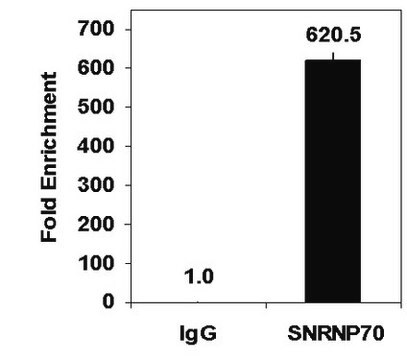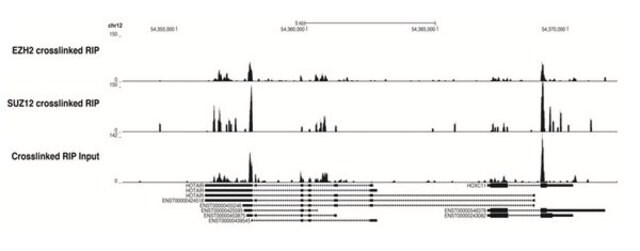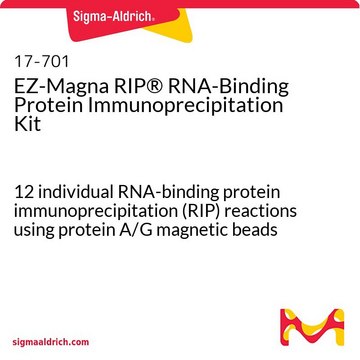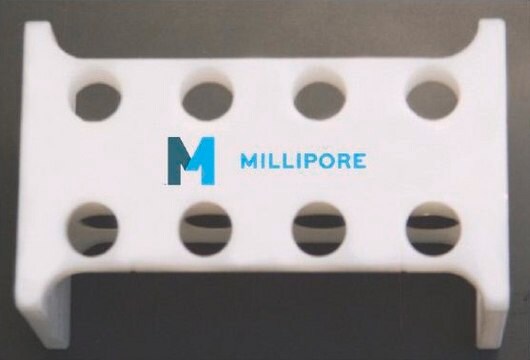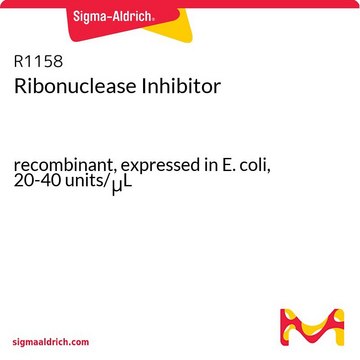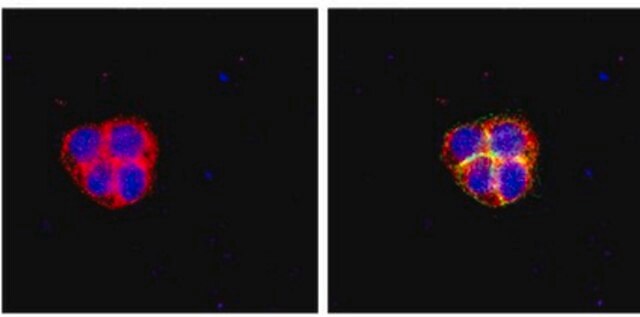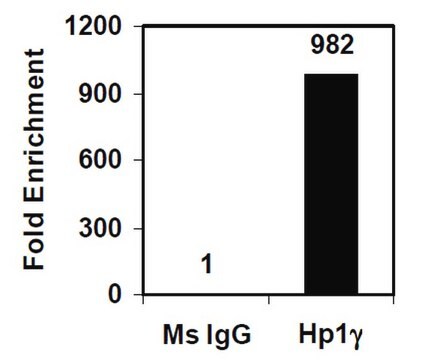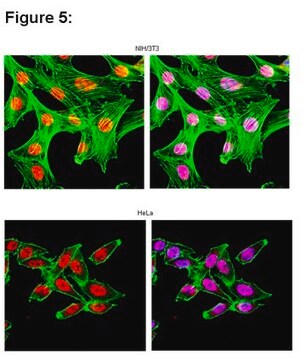RIP
Imprint® RNA Immunoprecipitation Kit
High-capacity Protein A magnetic beads for successful RNA Immunoprecipitation,suitable for use with mRNA and microRNA
Sinónimos:
Magnetic Bead RNA Immunoprecipitation, RNA Immunopreciptation, mRNA Immunopreciptation, microRNA Immunoprecipitation
About This Item
Productos recomendados
Nivel de calidad
Descripción general
Learn more about this product and view application data.
Aplicación
- Suitable for downstream applications
- Individual target characterization to genome-wide profiling techniques
- Characterization of signal transduction pathways
- Verification of ChIp-chIP and ChIP-seq data
Características y beneficios
- Xtra Protein A magnetic beads with higher binding capacity
- Step-by-step protocols for cell lysis and immunoprecipitation
- RNAse inhibitors and RNAse-free reagents to maintain RNA integrity
- Negative control and antibody included
Información legal
Los componentes del kit también están disponibles por separado
- I5381IgG from mouse serum, reagent grade, ≥95% (SDS-PAGE), lyophilized powderSDS
- I5006IgG from rabbit serum, reagent grade, ≥95% (SDS-PAGE), essentially salt-free, lyophilized powderSDS
- M7023Anti-Mouse IgG (whole molecule) antibody produced in rabbit, IgG fraction of antiserum, buffered aqueous solutionSDS
- P8340Protease Inhibitor Cocktail, for use with mammalian cell and tissue extracts, DMSO solutionSDS
- R1158Ribonuclease Inhibitor, recombinant, expressed in E. coli, 20-40 units/μLSDS
Opcional
obligatorio pero no suministrado
Palabra de señalización
Warning
Frases de peligro
Consejos de prudencia
Clasificaciones de peligro
Aquatic Chronic 3 - Eye Irrit. 2 - Flam. Liq. 3 - Skin Irrit. 2
Código de clase de almacenamiento
3 - Flammable liquids
Clase de riesgo para el agua (WGK)
WGK 3
Punto de inflamabilidad (°F)
100.4 °F
Punto de inflamabilidad (°C)
38 °C
Certificados de análisis (COA)
Busque Certificados de análisis (COA) introduciendo el número de lote del producto. Los números de lote se encuentran en la etiqueta del producto después de las palabras «Lot» o «Batch»
¿Ya tiene este producto?
Encuentre la documentación para los productos que ha comprado recientemente en la Biblioteca de documentos.
Los clientes también vieron
Artículos
Sigma’s Imprint RNA Immunoprecipitation Kit was used to copurify human argonaute 2 (Ago2)-associated RNAs from HeLa cells. MicroRNAs reverse transcribed and quantitating using Mysticq reagents.
Protocolos
Protocol for Anti Ago-RNA Immunoprecipitation from mammalian cells using the RIP kit
Nuestro equipo de científicos tiene experiencia en todas las áreas de investigación: Ciencias de la vida, Ciencia de los materiales, Síntesis química, Cromatografía, Analítica y muchas otras.
Póngase en contacto con el Servicio técnico